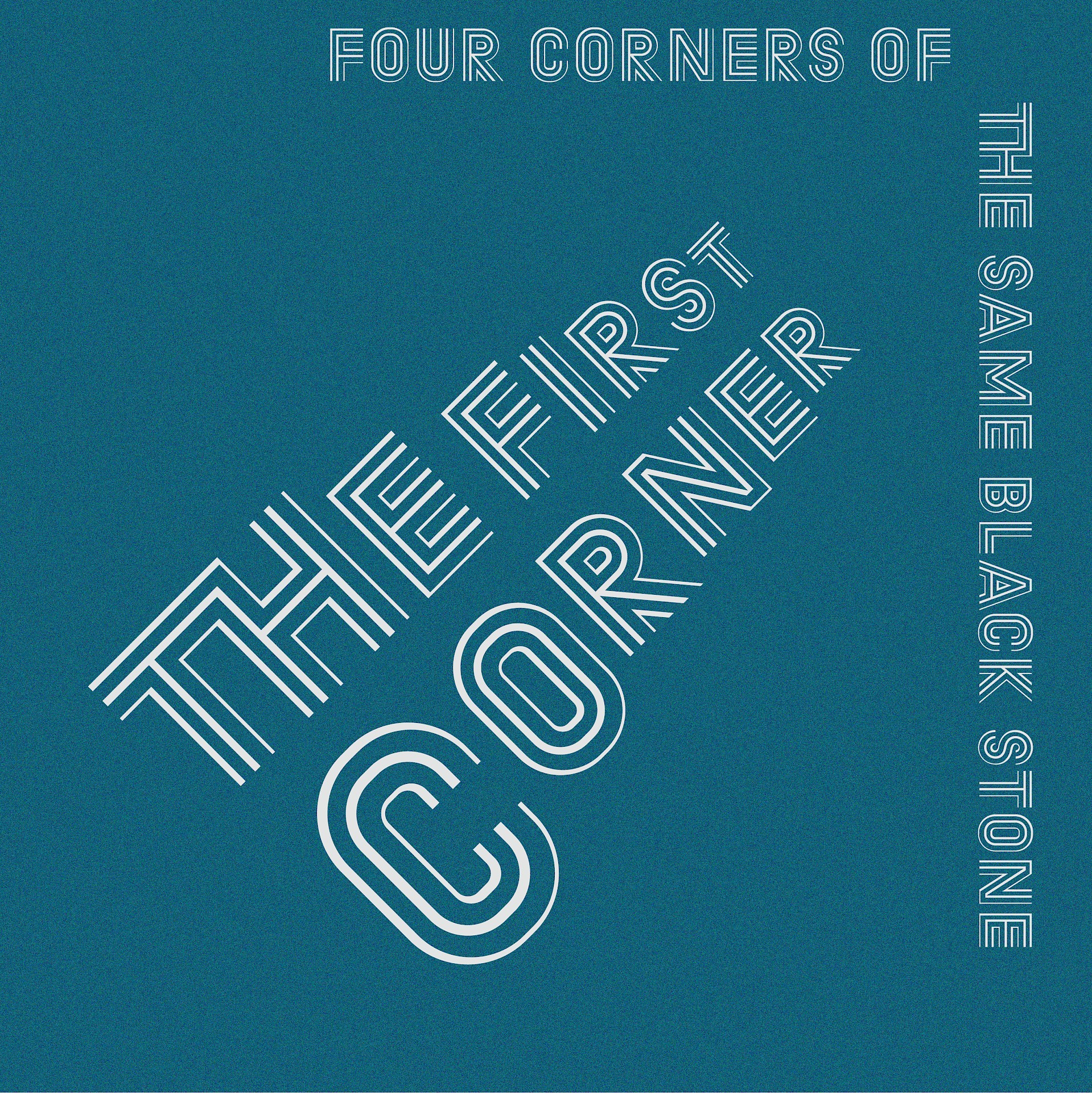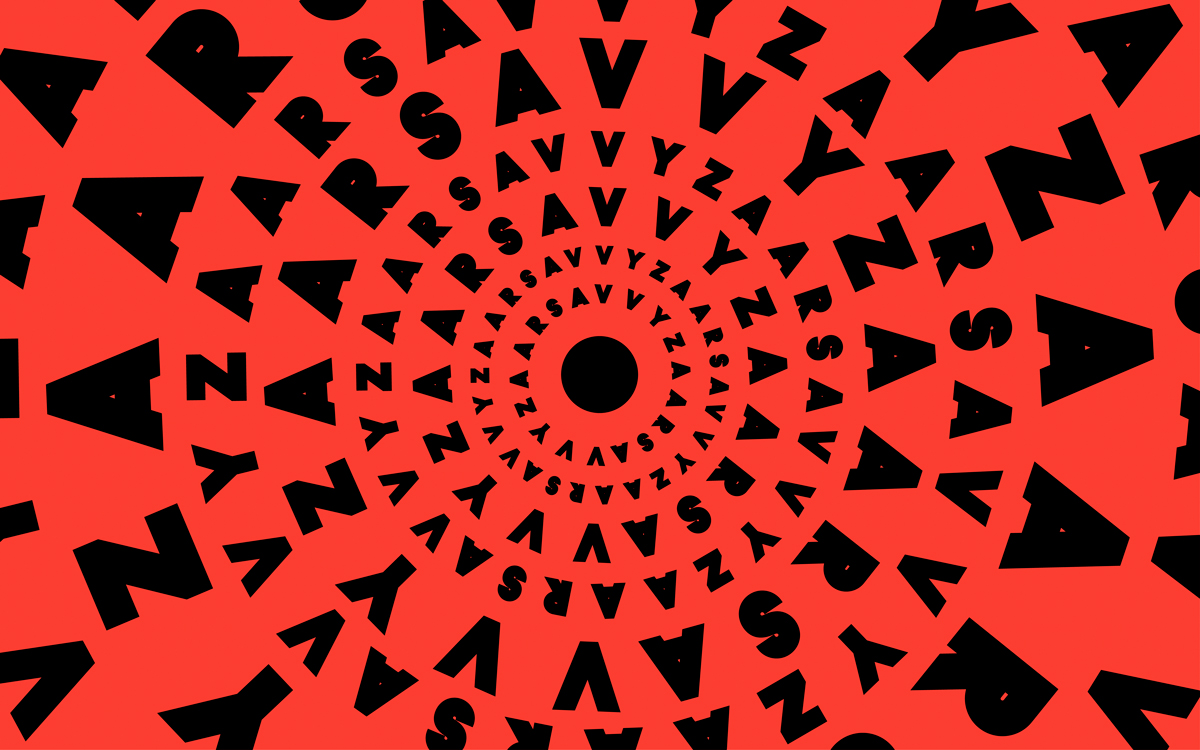FOUR CORNERS OF THE SAME Black STONE

Radio Reflections With Tito Valery
SAVVYZΛΛR Online streaming and on Berlin 88.4 FM & Potsdam 90.7 FM
PRogramme
11.04.2021 17:00 The first corner
16.05.2021 17:00 The second corner
06.06.2021 17:00 The third corner
18.07.2021 17:00 The fourth corner
The artist, activist, and poet Tito Valery chronicles, archives, and travels into four corners of the same stone in an effort to understand, highlight, and propose philosophies and understandings of great artists and thinkers of our time: considering how and why minorities, whether of gender, race, class, or ethnicity, impact and react to the spaces they navigate and exist within.
THE STONE is a central foundation to Valery’s sessions: "Water go leaf stone" is a Bantu grassfields and also a grassroots expression, that means to survive despite all odds. The stone in this series represents the difficult realities of immobile conditions of the Black and marginalized body, often forced into inertia within systems that are built to maintain the privileges of those in institutional and political power. The black stone refers also to the hardened will or resilience of bodies that endure the harshness of their physical and psychological surroundings.
THE CORNERS are four angles to Valery’s thoughts on blackness, conceiving of the uniqueness and ruggedness of its perceptions, in its variety of evolutions. Each corner is carved based on thoughts that flow into another making a four-angled reflection on those placed as “The Other" and the Oppressed.
THE MATTER is composed of references from Dr. Maya Angelou's poetry, Manu Dibango's Jazz-Soul-Makossa, Gill Scott Heron's words on why the revolution will not be televised, Khalid Mohamed, philosophies of the great captain Sankara, the anti-colonial letters from Ruben Um Nyobè, and poetry and speeches from young female leaders like Tamika Mallory. Within the matter, the teachings and thoughts of Black thinkers are echoed as a means of better understanding our present contexts, reworking and remedying our thoughts, to break the yoke of systemic oppressions by attuning to voices of dynamism, caution, memory, and refusal.
11.04.2021 THE FIRST CORNER
The first corner delves into the current situations of the war-torn zones of north west and southwest Cameroon. The introduction is set in the current state of the regions’ realities, sharing historical context as a means of understanding the evolving ways the past continues to live within present struggles. Voices such as Minister Issa Tchiroma and his speech on why Anglophone zones had been deprived of internet for eight months between February to November of 2016 are heard alongside femcee Askia, Rapper Jovi, Lapiro de Mbanga, and a selection of poems.
16.05.2021 THE Second CORNER
The second corner reflects upon processes of self denial ingrained within the relations across various African countries today. Tito Valery walks us through the complexities found within postcolonial realities, problematizing the ways in which subjectivity and cultural collectivity of the Black African self continue to be suppressed, persisting as a means of assimilating with imposed influences by the West and its colonial repercussions. Valery speaks about the rights to remain African: finding language, expression, and self reflectivity to understand notions of race and the influences of time, the importance of liberation, and of unlearning. The corner moves by routes of poetry, music by Salif Keita, Mory Kanté, and Manu Dibango, and reasonings by Achille Mbembe, alongside South African politician and activist Julius Malema. Power relations found today on African soil as a result of colonial violence are considered, traced, and urged to be transformed.
06.06.2021 THE Third CORNER
The third corner moves through thematic veins of endowment, religion, economy, culture, and more: bridging inquiries on self-definition and their relations to pluralities of Blackness. The spirit of Maya Angelou and her influence is an underpinning presence in this session’s perspectives.
THE CORNERS are four angles to Valery’s thoughts on Blackness, conceiving of the uniqueness and ruggedness of its perceptions, in its variety of evolutions. Each corner is carved based on thoughts that flow into another making a four-angled reflection on those placed as “The Other" and the Oppressed.
18.07.2021 THE Fourth CORNER
In the fourth corner, Tito draws back the curtain on his four-part series, embodied through mono-orations. In humor and satire, Tito in his final session expresses and establishes what it means to “be black”, reverberating beyond the particular experiences of its given tonalities, and extending into echoes with “othered” non-white bodies and beings in white spaces. Tito Valery proposes possibilities on how to assume one’s blackness in times of racial polarity, ongoing. Interludes of poetry are embedded, in particular one by Valery entitled, “Feedawn”, which envisions the end of racial oppressions towards black, indigenous, and people of color.
“Black Habits” by D. Smoke Harris and “Black” by Rapper Dave are heard, followed by Sandra Kinyuy reading her poem on female vulnerability.

